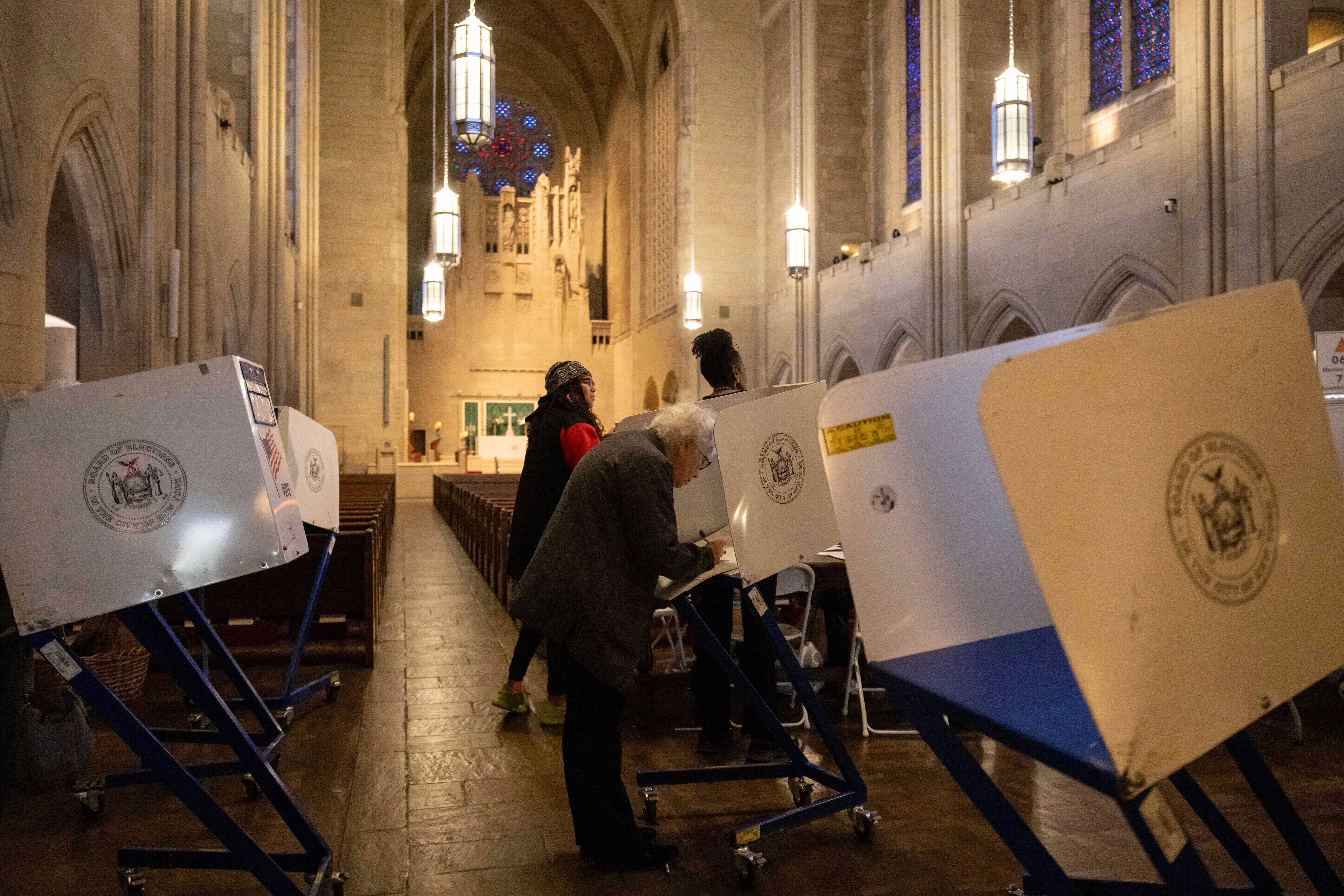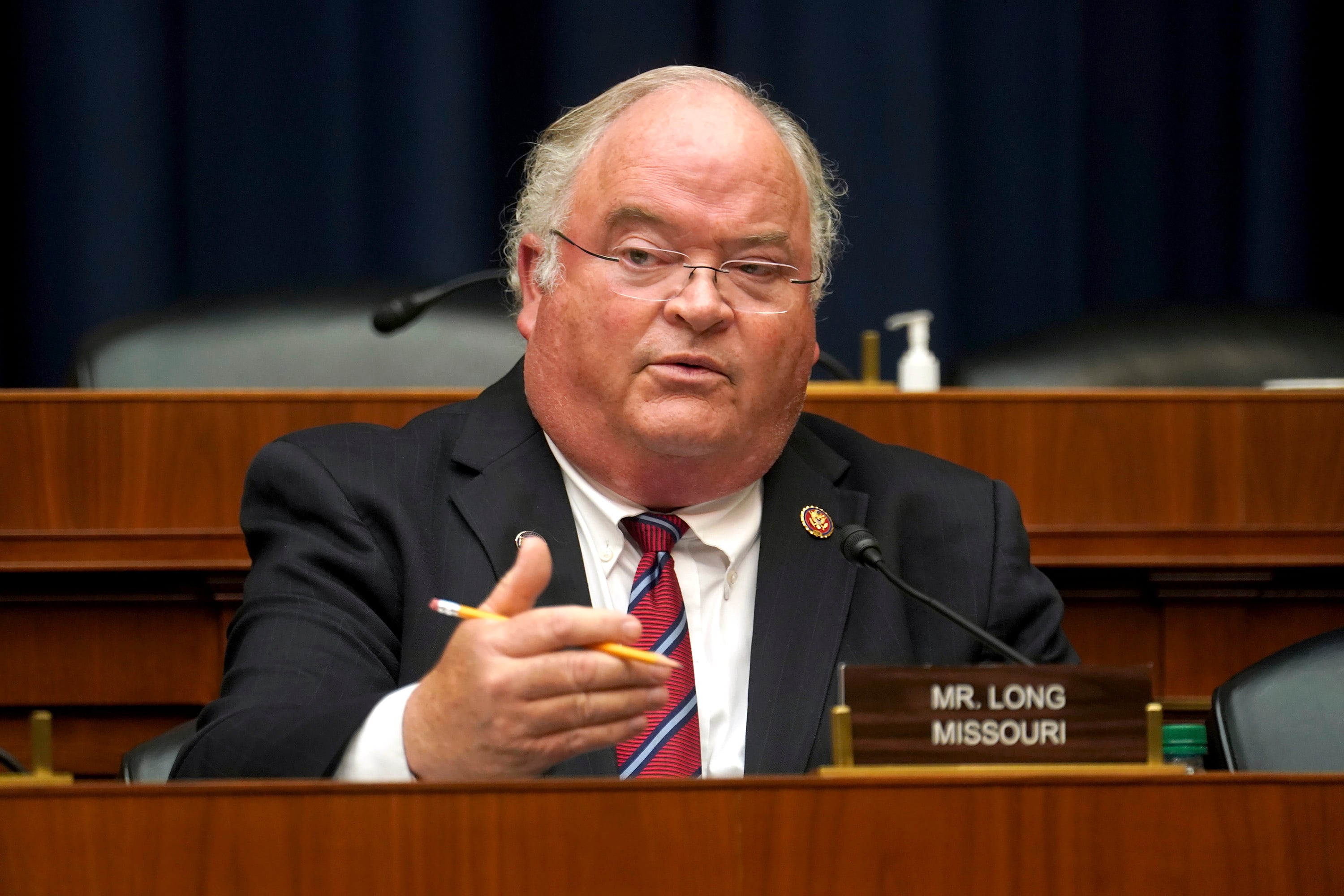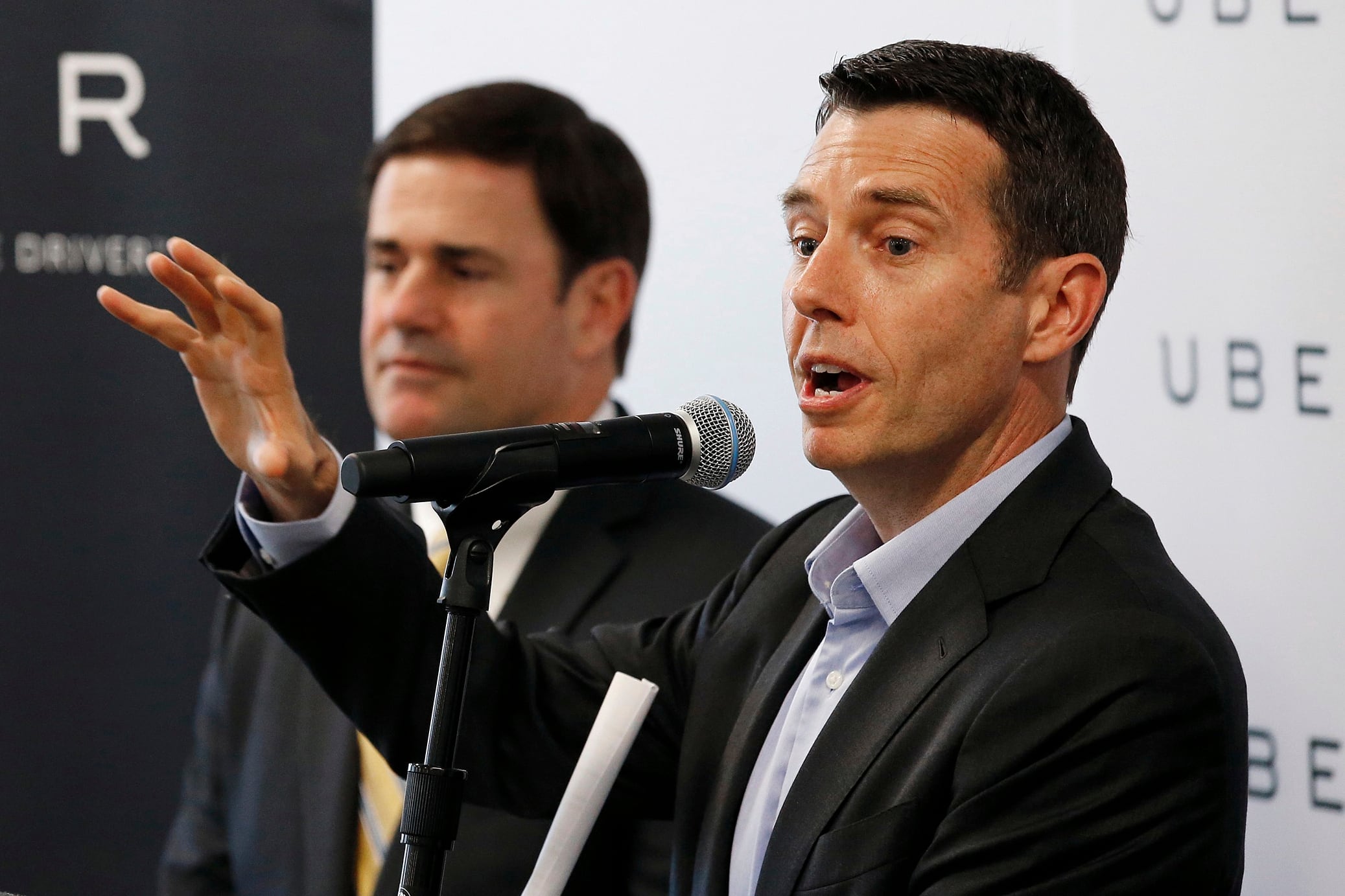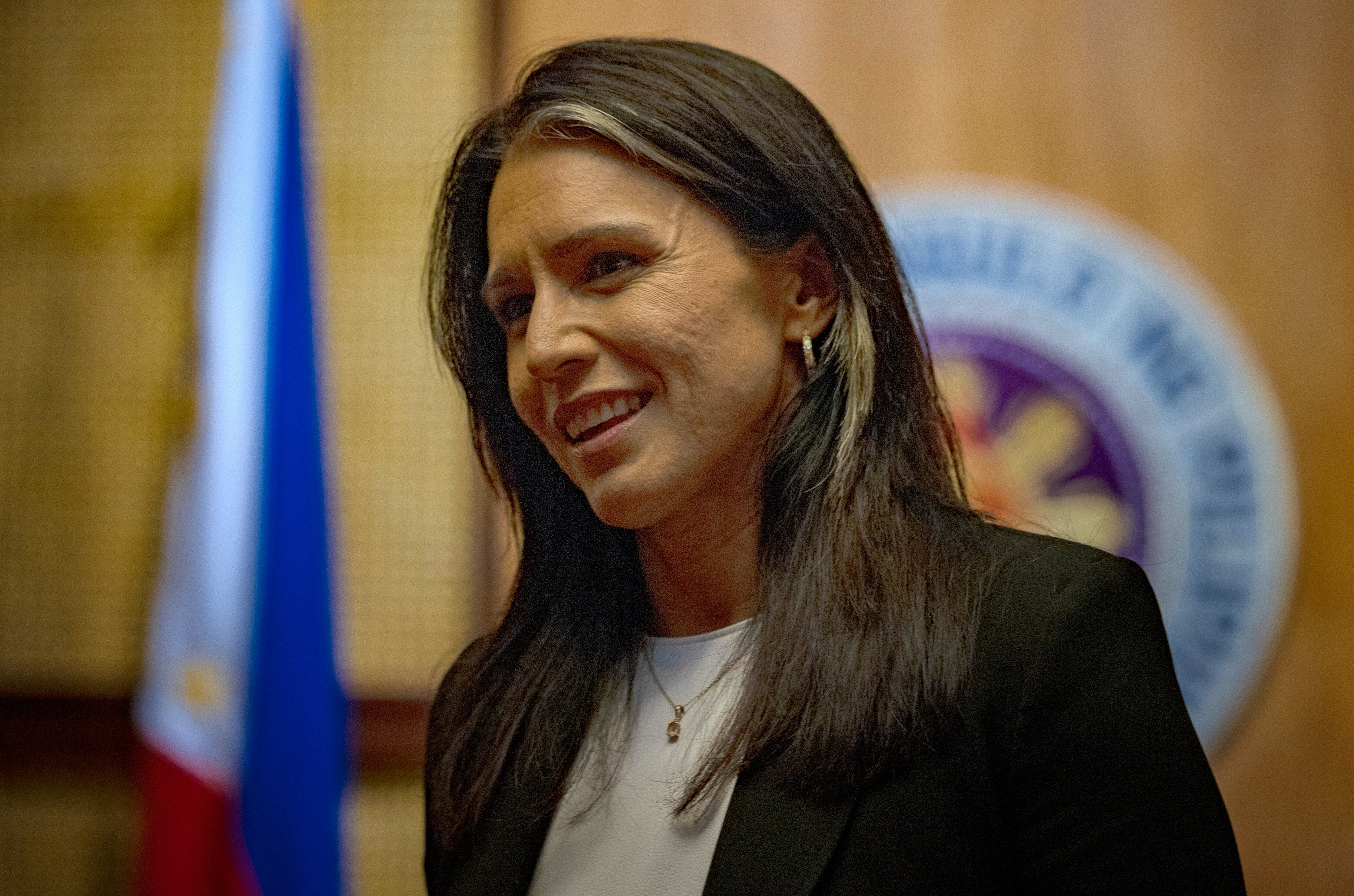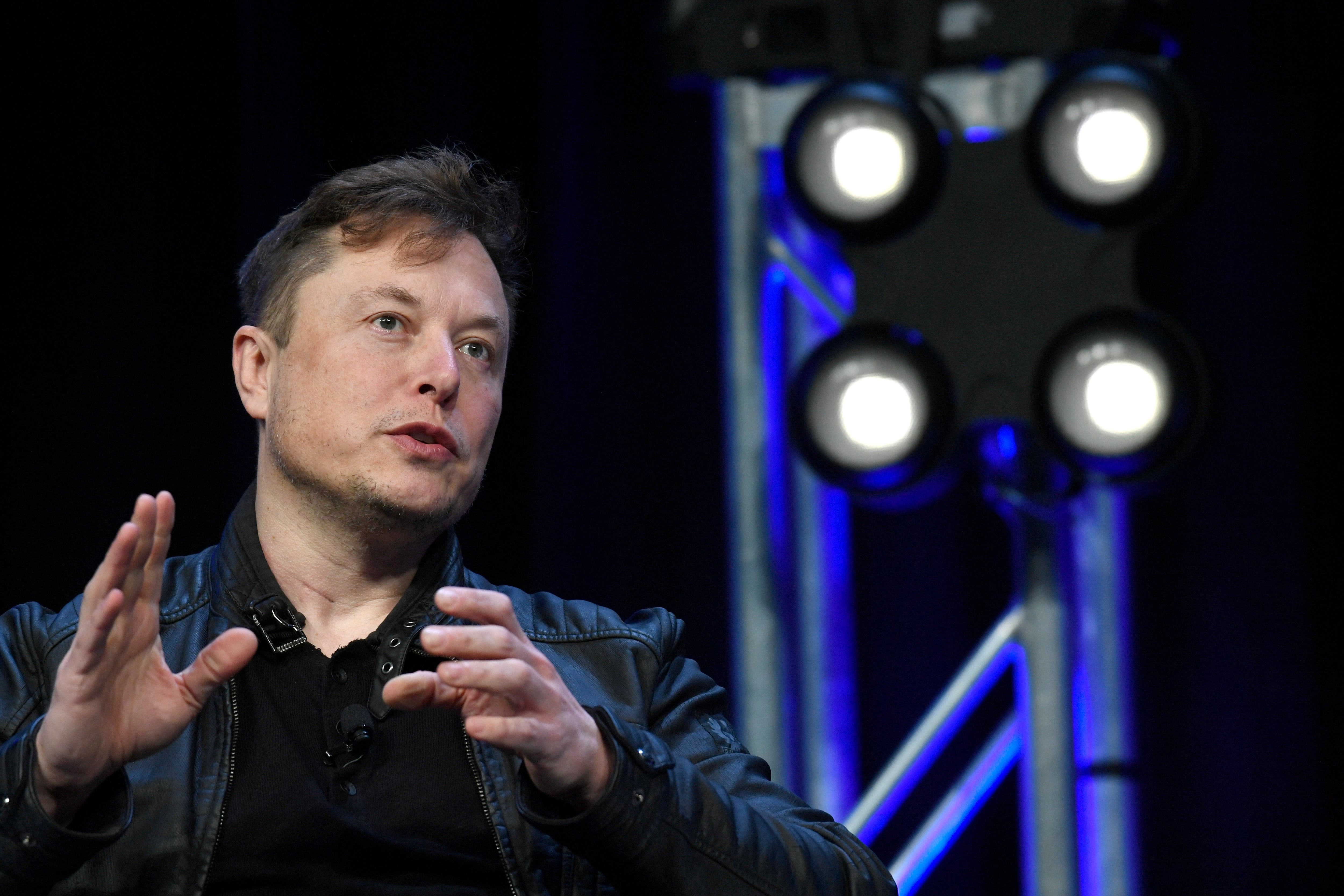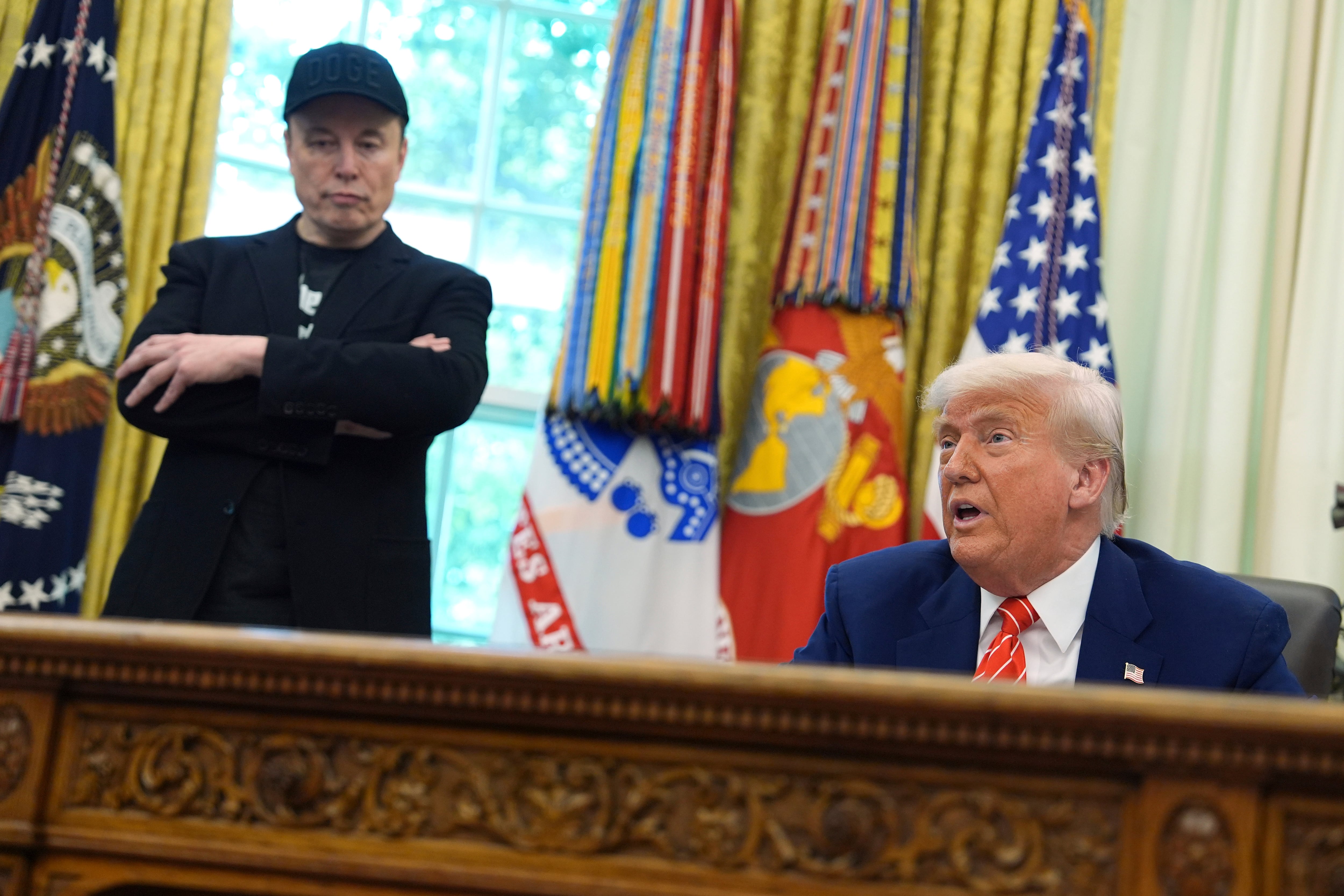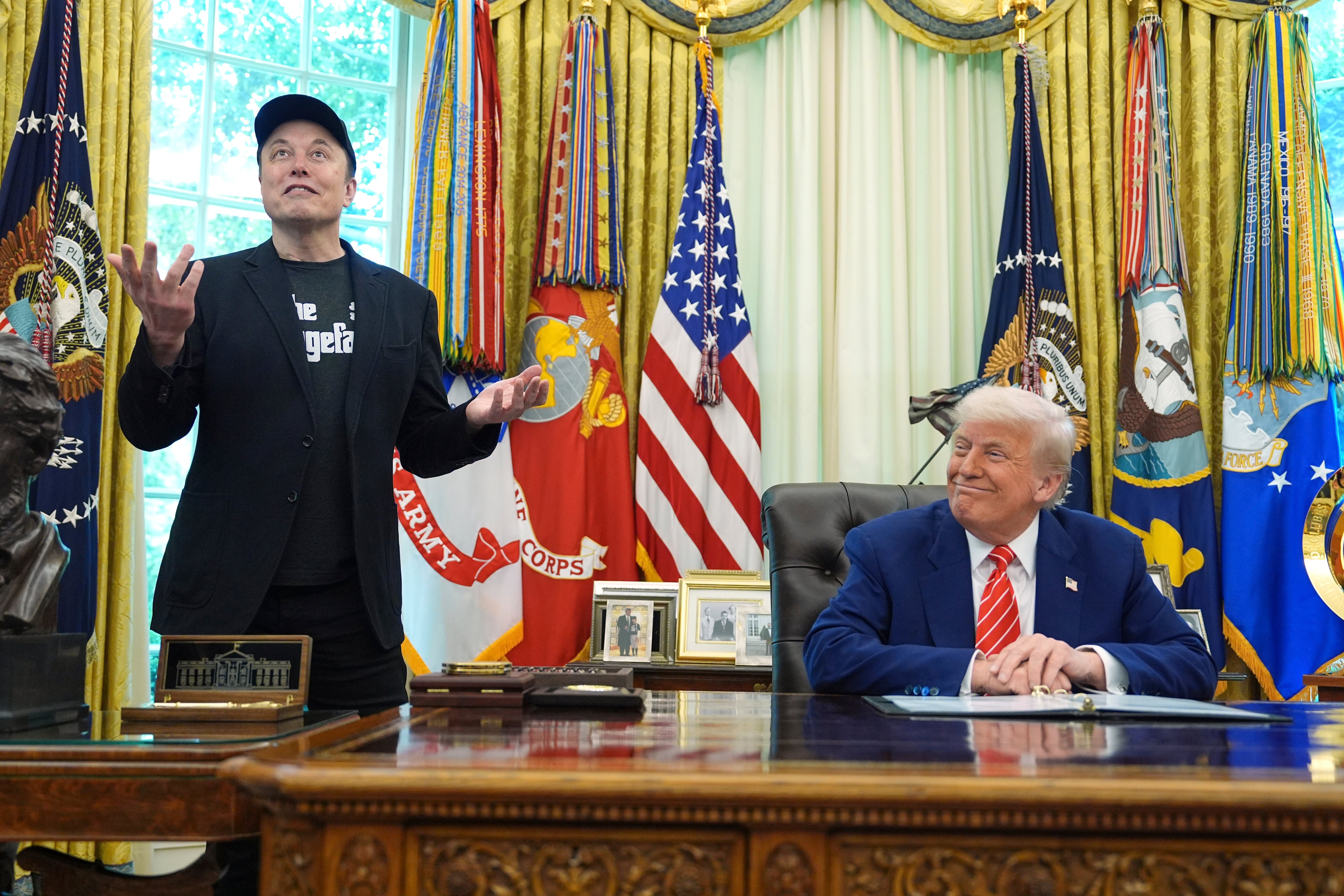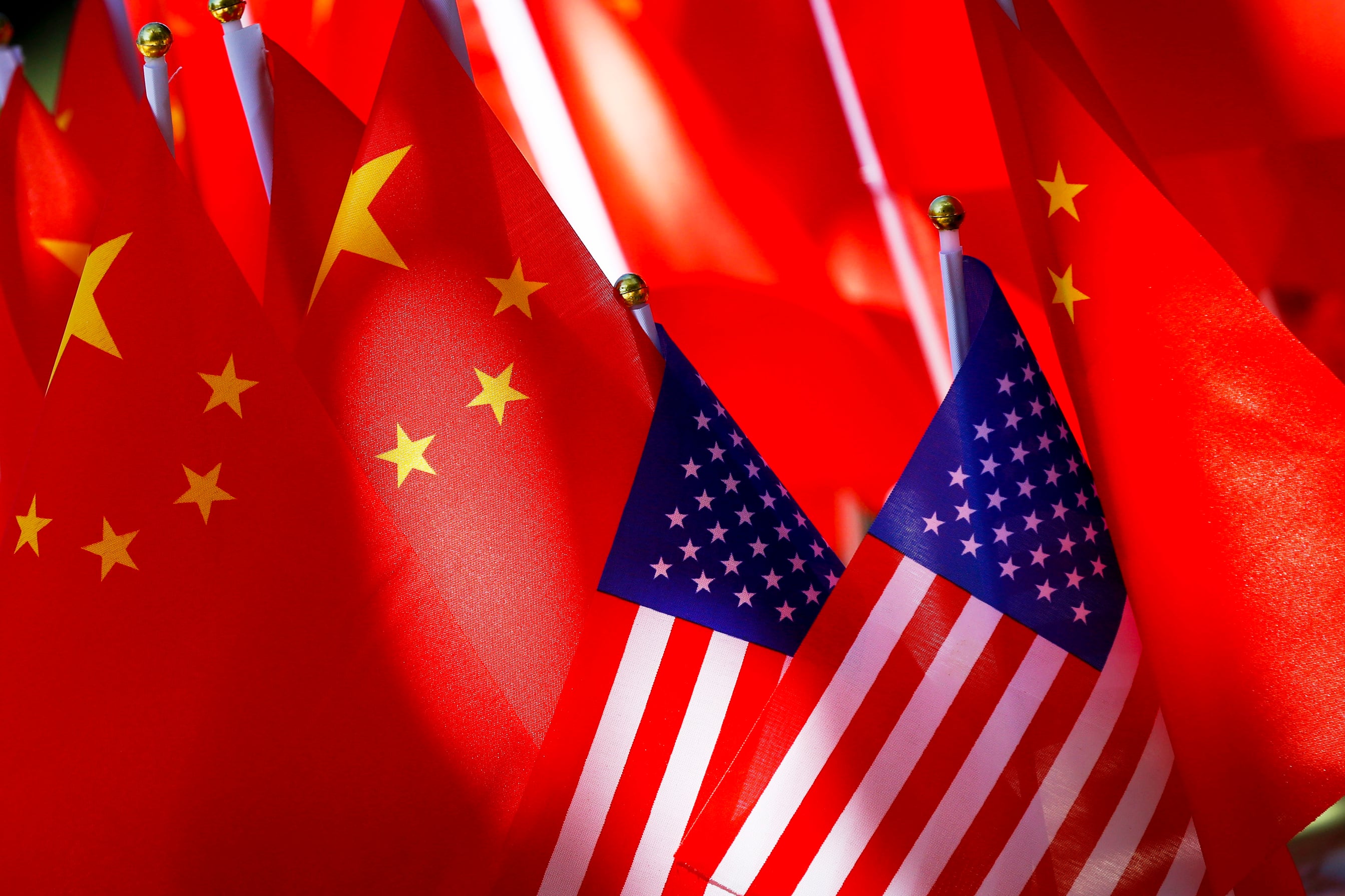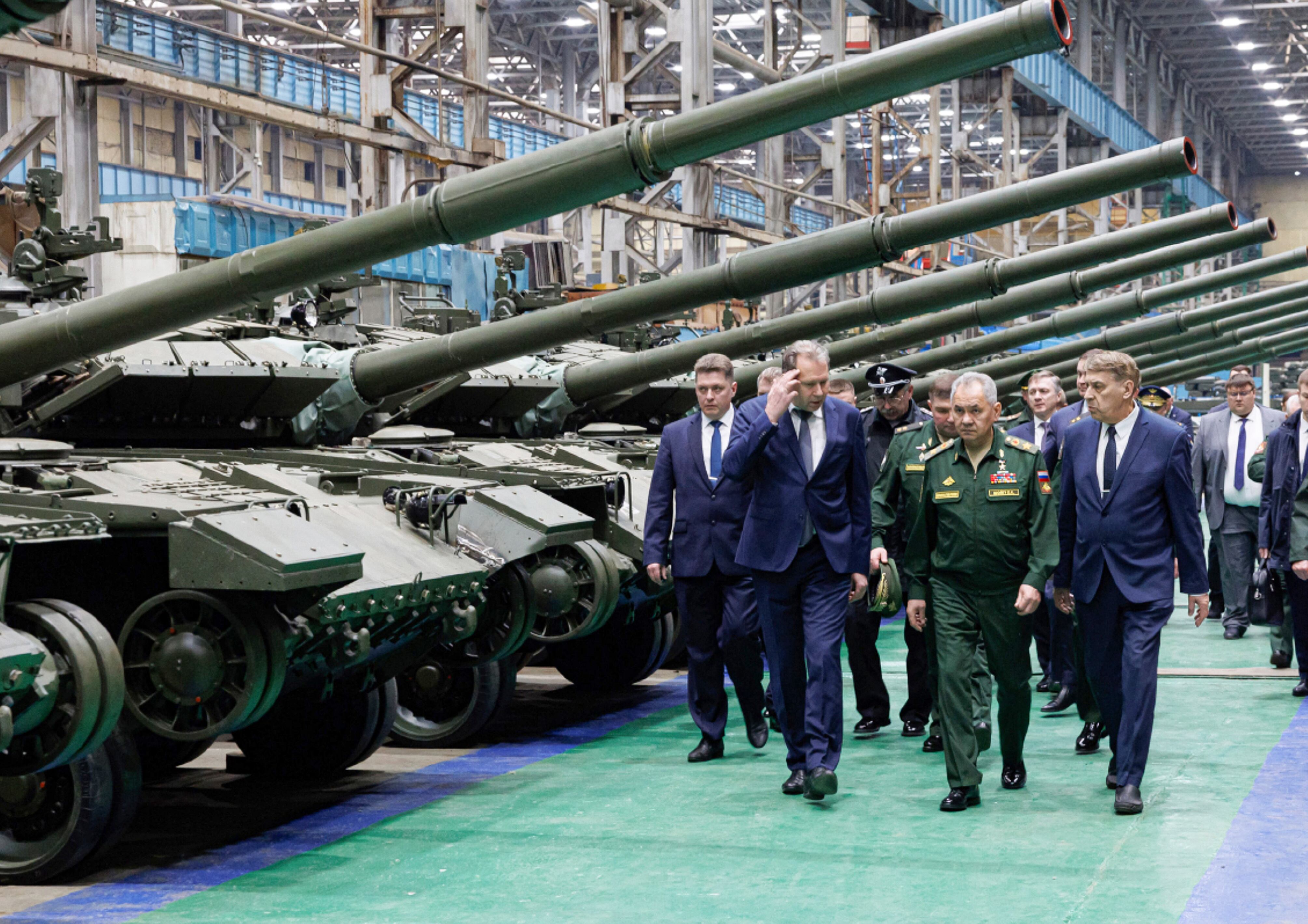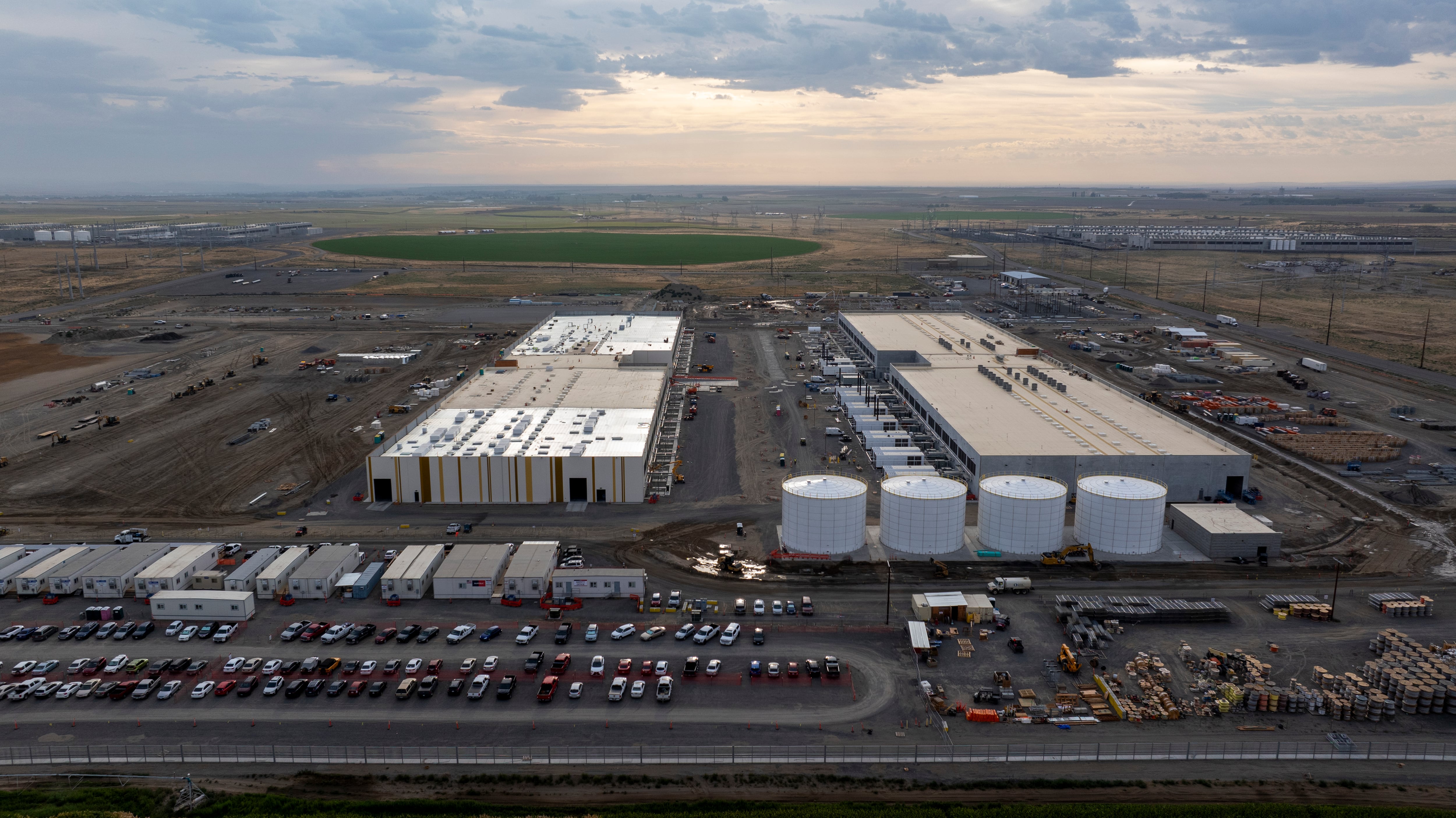*By Alisha Haridasani* President Trump announced Tuesday he was withdrawing the United States from the Iran nuclear deal, leaving American allies scrambling to figure out how to keep the pact from completely unraveling. “This was a horrible one-sided deal that should have never, ever been made. It didn’t bring calm, it didn’t bring peace, and it never will," Trump said. In announcing that he was pulling out, the president said: “We cannot prevent an Iranian nuclear bomb under the decaying and rotten structure of the agreement." He cited evidence provided by the government of Israel, which lobbied against any deal with Tehran, that Iran wasn't abiding by the terms of the deal, even though the International Atomic Energy Agency has said Iran has complied. Trump's decision to withdraw from the 2015 multilateral agreement negotiated by the Obama administration seems to undo his predecessor's signature foreign policy accomplishment. Under the nuclear deal, Iran agreed to curb its nuclear energy program and open its nuclear facilities to international inspectors. In exchange, the United States and other countries agreed to lift crippling economic sanctions. Trump said Tuesday he would also reinstate "powerful sanctions" against Iran and any other country that supports the government in Tehran. “We will be instituting the highest level of economic sanctions,” he said. “Any nation that helps Iran in its quest for nuclear weapons could also be strongly sanctioned by the United States.” Trump had long promised to dismantle the accord, calling it “the worst deal ever," and has said that Iran has been in violation of the agreement. Iran's President Hassan Rouhani reportedly responded Tuesday with a warning that his country could [“start enriching uranium more than before”](https://apnews.com/7769da33651a449196128dbdf1bcf48c?utm_medium=AP&utm_campaign=SocialFlow&utm_source=Twitter&__twitter_impression=true&__twitter_impression=true) in the next few weeks, but that Iran was open to discussing a way to keep the deal together with the five other signatories. “We’re in uncharted territory, no one knows what is going to happen,” said Hadi Ghaemi, executive director at the Center for Human Rights in Iran. Britain, China, France, Germany, and Russia, who also signed the deal, must find a way to maintain economic incentives for Iran to continue to comply with the deal, said Ghaemi. It could be difficult with the new American sanctions Trump is proposing. “If the administration goes after European banks and companies who are already doing deals with Iran, then Iran would have no incentive to stay in," Ghaemi said. The U.S. allies who are also party to the deal expressed regret that Trump did not heed their advice. President Emmanuel Macron of France [tweeted](https://twitter.com/EmmanuelMacron/status/993921478998544384) that his country, Germany, and Britain all “regret” Trump's decision, and that it threatens to undermine shared goals of “nuclear non-proliferation.” Those European allies had been trying to convince Trump that America's withdrawal could destabilize relations with Iran and further disrupt the Middle East. Earlier this week, they reiterated their support for the pact even without the U.S. In an [official statement](https://www.cnbc.com/2018/05/08/a-serious-mistake-read-obamas-statement-on-trumps-decision-to-pull-out-of-iran-deal.html), former President Obama said Trump’s decision is a “serious mistake” that “risks eroding America’s credibility.” Trump’s decision to withdraw from the nuclear deal with Iran comes just before his planned meeting with the North Korean leader Kim Jong-un. The two adversaries were expected to negotiate North Korea's nuclear disarmament. It's unclear how the decision on Iran would affect those talks. For the full interview, [click here](https://cheddar.com/videos/the-fallout-from-trumps-decision-to-abandon-iran-nuclear-deal).
